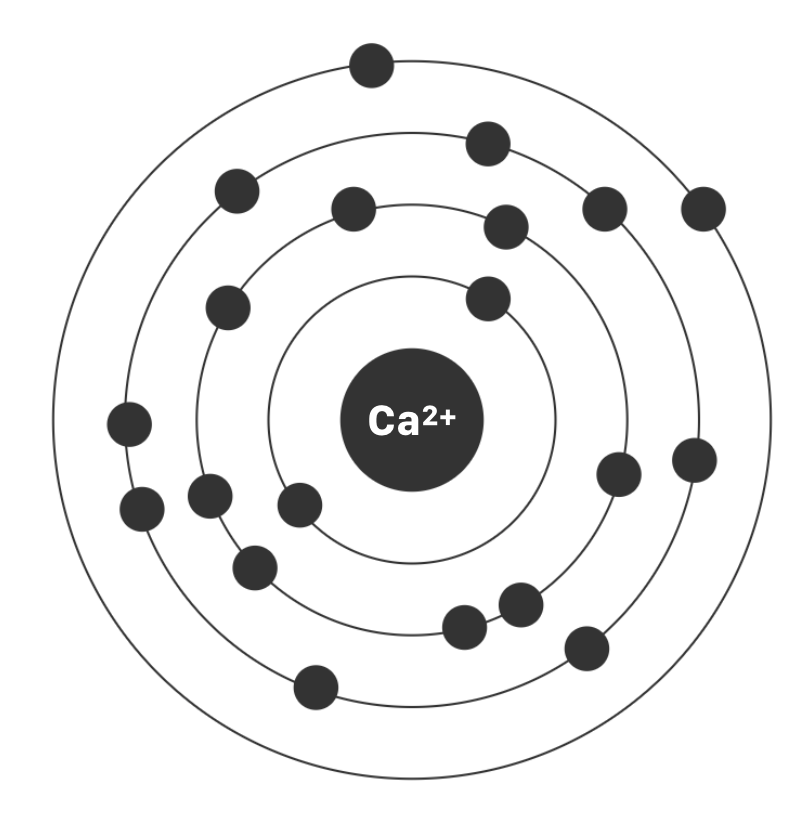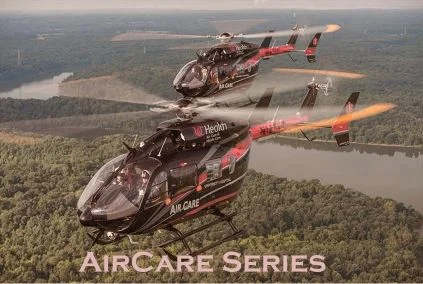We are all familiar with the “lethal triad” of trauma – coagulopathy, hypothermia, and acidosis. We have multiple methods wherein we attempt to prevent or reverse these physiologic derangements. In particular, in recent years many teams have focused heavily on limited crystalloid infusions, increasing our early blood product transfusion (especially plasma), and early administration of tranexamic acid.
One of the main reasons we focus on these interventions is to address trauma-induced coagulopathy. Trauma-induced coagulopathy has a multifactorial etiology and is contributed to by the other corners of the triad (hypothermia and acidosis). However, one of the least appreciated contributing factors are electrolyte deficiencies, in particular calcium.
Read More


















